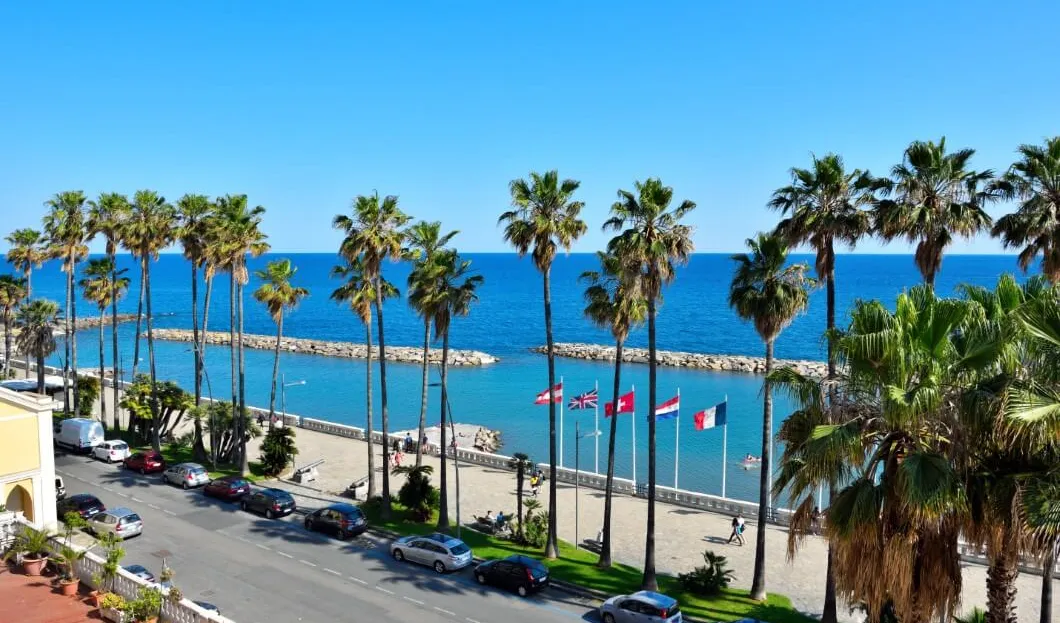
After the Covid-19 pandemic, the tourism industry is in crisis worldwide. Some countries, however, are more dependent on this sector economically than others, and for them the crisis could have fatal consequences. One of these countries is Italy (13% of the GDP), which is struggling greatly amidst the dire situation of its international tourism.
According to ENIT (Italian National Tourism Authority), in 2020 tourism in Italy will go through a deep crisis. According to forecasts, it will only be able to return to the 2019 level in 2023. The agency also predicts that the industry will lose profits of over 20 billion euros (perhaps 23) with regards to international tourism arrivals. This is added to the 46 billion lost from domestic tourism.
The most-visited cities of Italy are in crisis. Florence has registered only 900 thousand overnight stays thus far, while hotels in Venice are only half occupied. The number of flights from abroad collapsed by a staggering 91%, while ENIT estimates that in 2020 the number of non-Italian visitors will drop by 55%. The south of the country will suffer the most from this difficult situation, as the most tourism-dependent regions are located here.
In the meantime, however, the Italian government is attempting to reduce the expected losses in the sector of domestic tourism. It has introduced a package of “holiday bonuses” to its nationals to encourage them to travel within the country.
These bonuses are reserved for households whose annual income does not exceed €40,000. A family of three or more people may receive €500, while a two-person household will receive €300 and a single person will get €150. The Italian government has allocated €2.4 billion for this “holiday bonus” package.
The holiday bonus can be only used on Italian territory, in hotels, guesthouses, campsites, tourist villages etc. and only for stays between July 1 and December 31 this year.
In practice, thanks to a mobile app equipped with a QR code, the customer will be able to benefit from an automatic discount of 80% of the bonus value and the remaining 20% will be refunded as a tax deduction on the next return of income.














